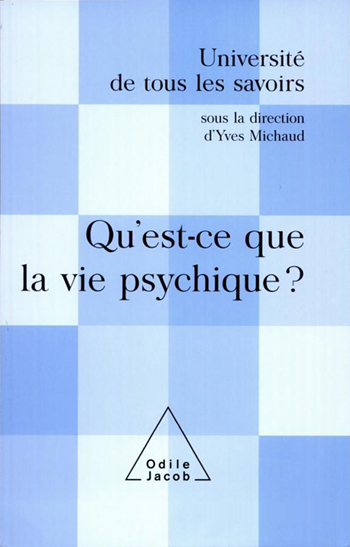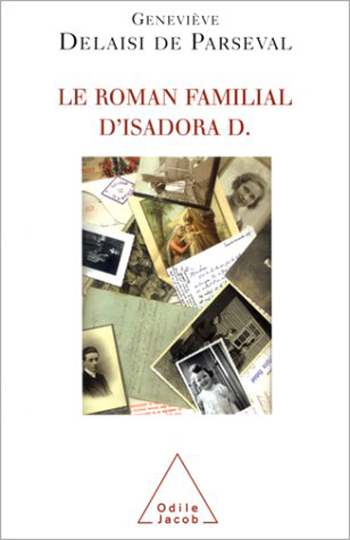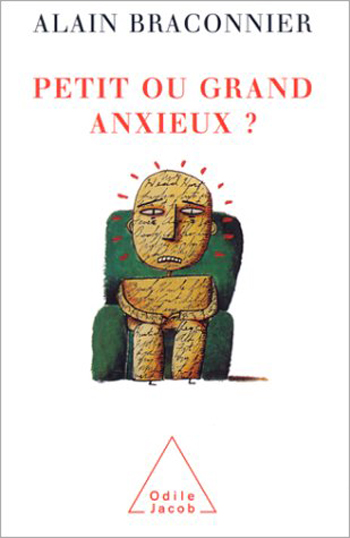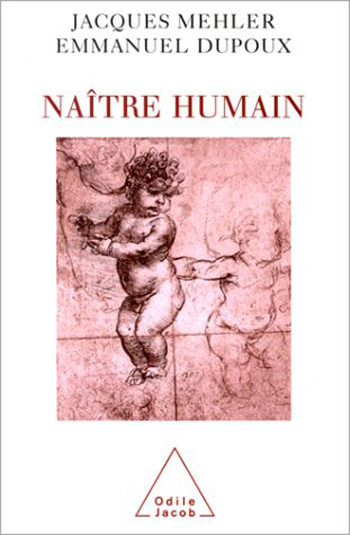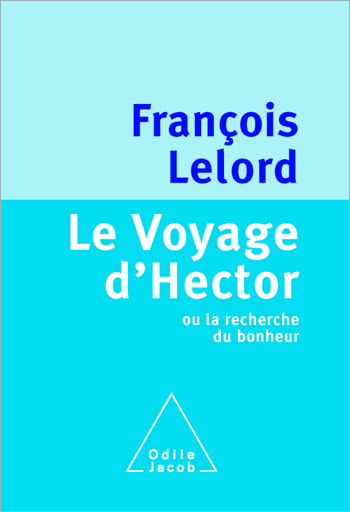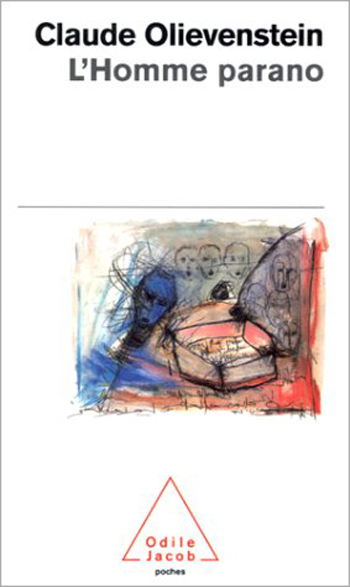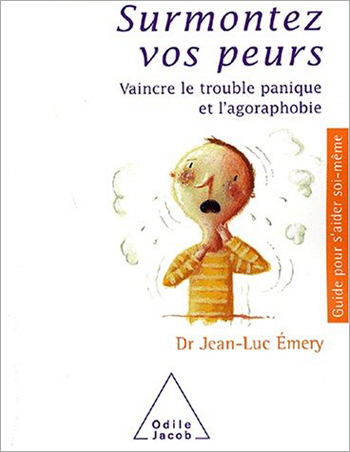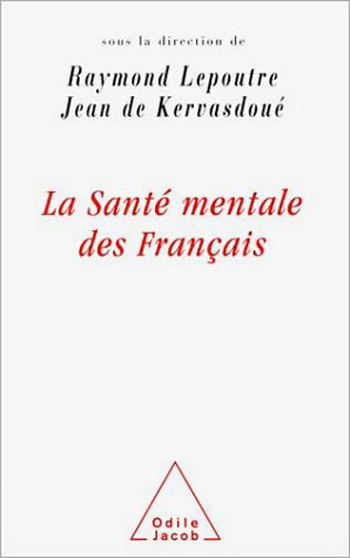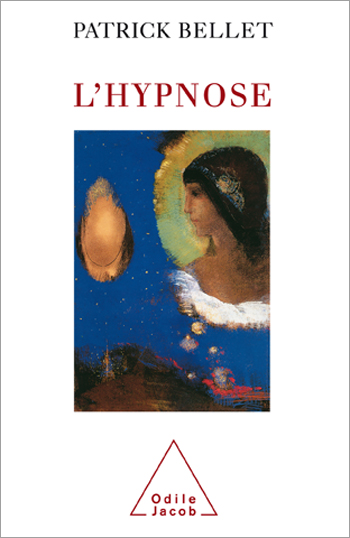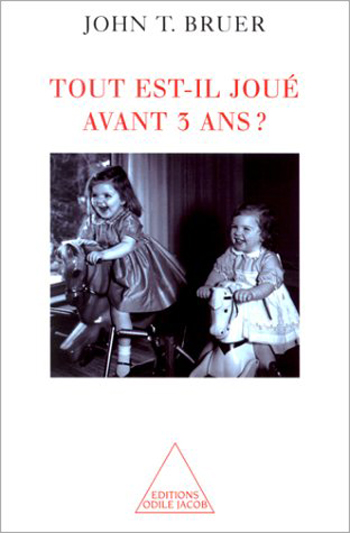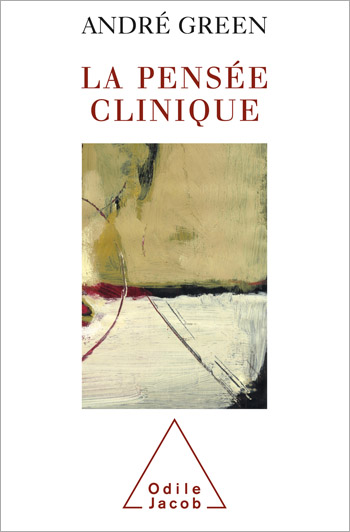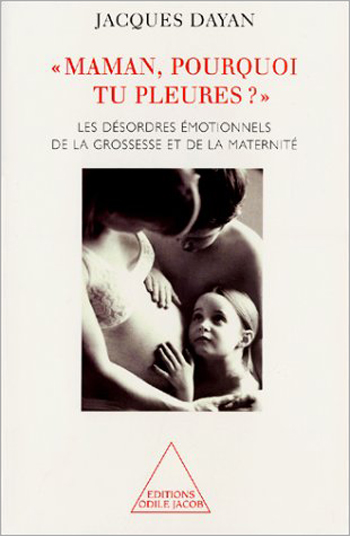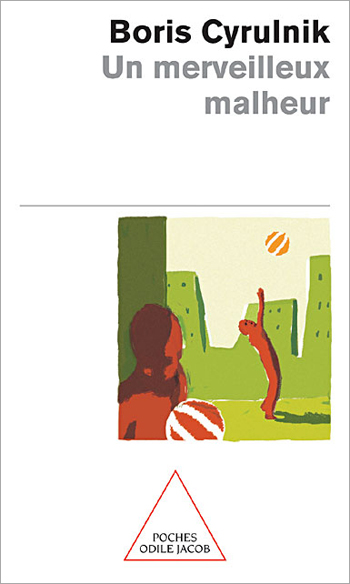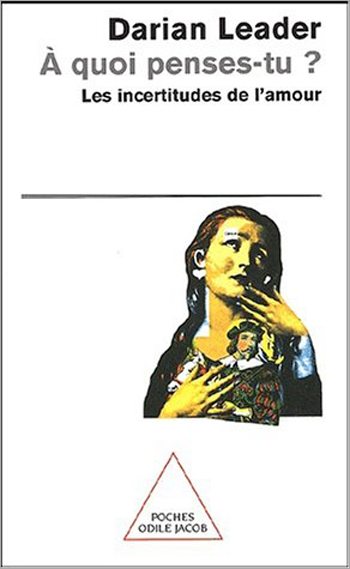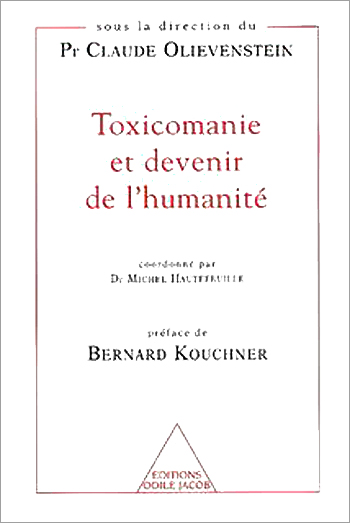Psychology All books
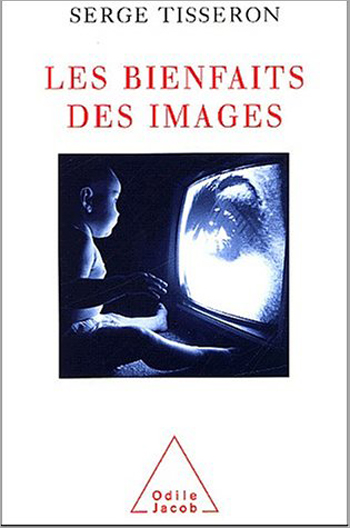
Serge Tisseron
The Benefits of the Image
Should sex and violence be banned on our television screens ? Is there a danger that their presence can lead to them becoming common-place, or to delinquency ? In light of this current debate, Serge Tisseron argues that as soon as we become accustomed to a type of image, and it ceases to upset us, we invent another type which will once more allow us to confuse image and reality, and thus to shiver again with fear and anxiety. In a society which is flooded with images, it is thus essential to use them as best we can, and to avoid the dangers that are inherent in them. This book aims to contribute to this end. Serge Tisseron is a psychiatrist, psychoanalyst, doctor of psychology and research fellow at the University of Paris-X. For the past fifteen years, he has worked on the relations that viewers have with different types of images.
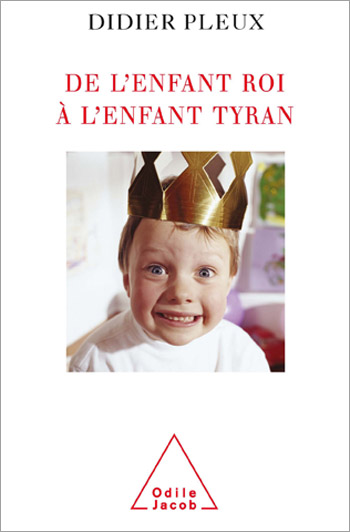
Didier Pleux
From the King Child to the Tyrant Child
More and more parents are faced with what amounts to a power take-over by their children. The tyrannical child makes constant demands, uses his parents for his own ends and creates a climate of psychological violence. The solution lies in education coupled with authority. This is a lively, clear and polemical work which shows parents how to redefine their parental authority and should enable them to feel less anxious. Besides offering practical psychological advice, it also provides an examination of what living in society means. Didier Pleux is a clinical psychologist
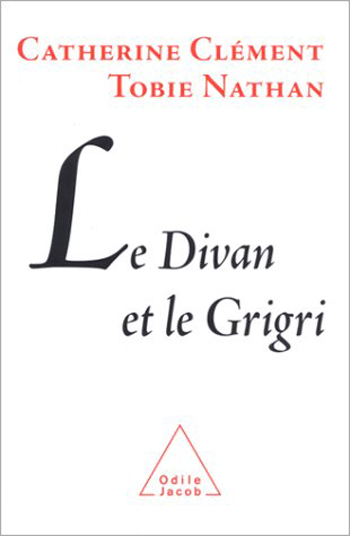
Catherine Clément, Tobie Nathan
The Couch and the Grigri
This work is a fascinating discussion between a practising analyst who has not ceased to confront his discipline with other disciplines of the mind, and a philosopher with great psychoanalytic experience. It aims to show how cultural heritage a debt linking each generation to its ancestors shapes both how we represent reality and our emotional universe. The authors thoughts and conclusions are thoroughly backed up with a variety of specific examples and observations. Tobie Nathan is an ethno-psychologist and teaches clinical and pathological psychology at the University of Paris VIII. Catherine Clément is a writer and philosopher.
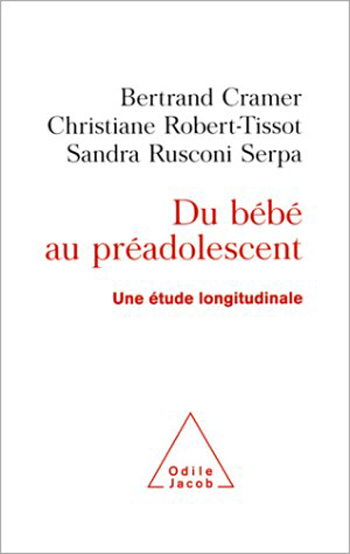
Bertrand Cramer, Christiane Robert-Tissot, Sandra Rusconi Serpa
From Baby to Preadolescent A Longitudinal Study
In 1991, 103 mother-and-infant pairs visited Genevas Guidance Infantile. The infants all displayed functional and behavioural disorders. Ten years later, the same mother-child pairs were re-evaluated by Professor Cramers team, who was thus able to make a number of prospective analyses. What became of the symptoms that the infants had first presented? Did any of the symptoms first displayed indicate a predisposition to other disorders? Can the characteristics that helped them to endure be identified? And what can be said of the role played by cognitive development and parental representations, as well as by protective factors? Professor Bertrand Cramer is a child psychiatrist.
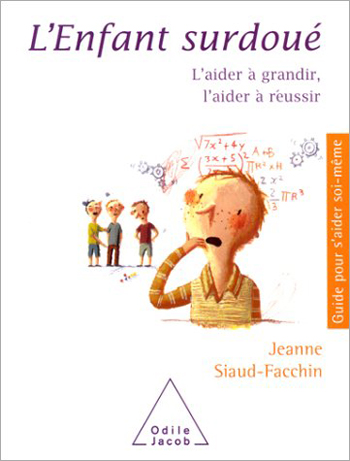
Jeanne Siaud-Facchin
The Over-Gifted Child Helping them to grow up, helping them to succeed
It could almost be said that gifted children are in danger. They are emotional sponges who often ignore the insouciance of childhood, and their hyper-receptivity puts them in a state of heightened vigilance. For these reasons, gifted children are more often familiar with fear and anxiety. And yet, if parents and teachers understand the gifted child, he or she will blossom and make use of the great wealth of his or her personality and abilities. The goal of this practical manual is to guide parents and teachers in the discovery of gifted or exceptional children. Jean Siaud-Facchin is a clinical psychologist.
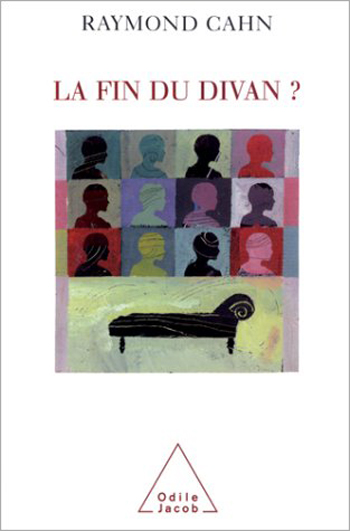
Raymond Cahn
The End of the Couch ?
Why do psychoanalysts refuse to review their methods, while simultaneously recognising that life-styles have evolved and that new pathologies have come into existence? Why, for example, do they remain devoted to the psychoanalysts couch, while realising that certain cures are at a dead-end? This is a controversial work on the challenges facing psychoanalysis a field that had its hour of glory in the 1960s but has since been somewhat discredited. Raymond Cahn is a psychiatrist and psychoanalyst.
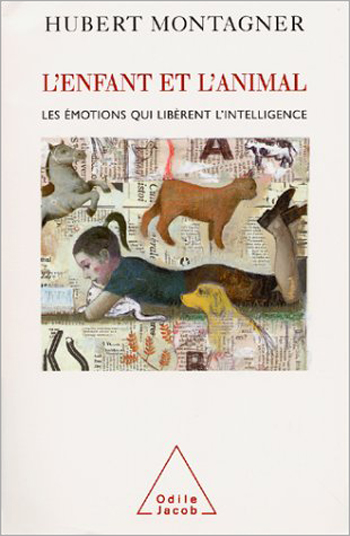
Hubert Montagner
Child and Animal The Emotions Which Liberate Intelligence
What could be more commonplace than the emotional ties that some children develop with cats and dogs or other pets? And yet, nothing could be more surprising than the fact that such ties, which are sometimes very close and intense, can exist between members of very different species. The author traces the long history of this co-evolution, from the early domestication of animals for economic ends (such as warning or defence) to the keeping of animals as pets. Above all, he asks the question: What if animals contribute significantly to childrens psychological and emotional development? Professor Hubert Montagner heads a research unit of INSERM.
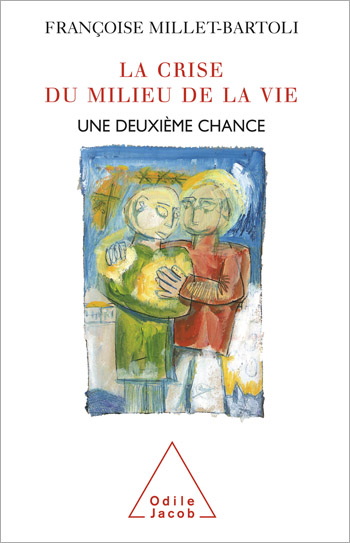
Françoise Millet-Bartoli
Mid-Life Crisis A Second Chance
In France, the notion of a mid-life crisis remains relatively little known. And yet, just like childhood and adolescence, mid-life is a specific age characterised by a distinctive psychology and, sometimes, psycho-pathology. This often-feared time of life, governed by major personal changes, can also be a period of true rebirth if the mid-lifer learns how to deal with the changes, by being informed and knowing how to react. This book focuses on what mid-lifers can do to live in greater harmony with themselves. Françoise Millet-Bartoli is a psychiatrist and psychotherapist and teaches at the medical faculty of Toulouse.
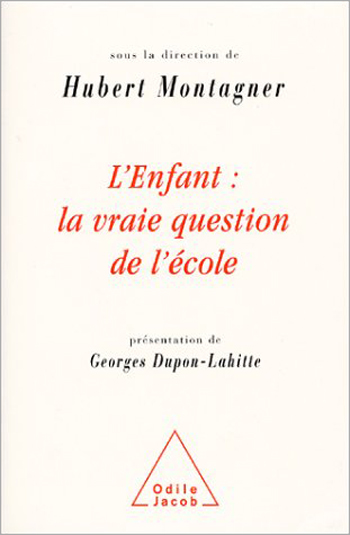
Hubert Montagner
The Child : The Real Question of Education
This ambitious work aims to provide a comprehensive view of the mechanisms, processes, influences, factors, and past and present events that may keep children from constructing, structuring or mobilising their abilities in an academic environment, and from acquiring new abilities and successfully constructing the required learning skills. In the struggle against academic failure, the main tool is understanding the child better. In order to do this, it is essential to base educational practice on the most recent knowledge.
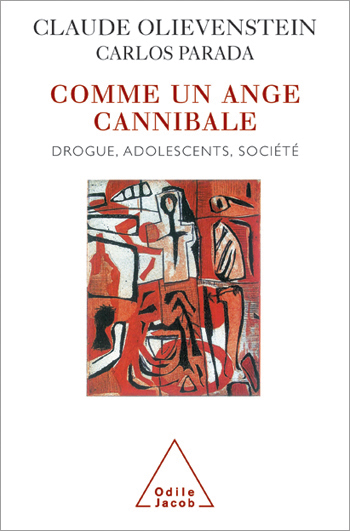
Claude Olievenstein, Carlos Parada
Like A Cannibalistic Angel Drugs, Adolescents and Society
Does it make sense to place hallucinogens and hard drugs in the same category and to regard them all as addictive? Should tobacco and alcohol be put on the same plane as heroin, cocaine and crack ? With the assistance of Carlos Parada, his collaborator at the Centre Médical de Marmottan, Claude Olievenstein offers the reader his latest thoughts and ideas on the highly distinctive world of substance abusers, which is characterised by pleasure, withdrawal, the need for warmth and haste and, above all, by instability and chaos. Claude Olievenstein is the head doctor at the Centre Médical de Marmottan, in Paris, and a senior research fellow at the University of Lyon-II. Carlos Parada, a physician specialising in drug addiction, works at the Centre Médical de Marmottan.
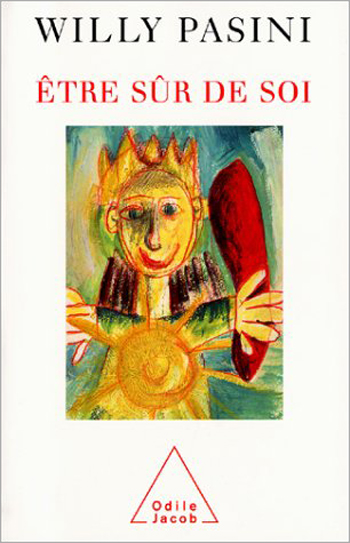
Willy Pasini
Be Self-Confident
Feeling self-confident means being capable of developing projects for the future and knowing how to push events towards success for ones self. But it also means being capable of living at peace with ones self. In this book, Willy Pasini explains exactly how self-confidence develops. What is the influence of the way we perceive our own bodies? What can be done instead to enhance our feelings of inner security? This is an essential work which should help readers calmly set out on the road to happiness. Willy Pasini is a psychotherapist.

Frédéric Fanget
Assert Yourself! (New Edition) For more productive relationships with others
Do you have trouble expressing your needs? Is it difficult for you to say 'no'? Are you afraid of speaking in public? Written in the form of a self-help manual, this book should enable you to pinpoint those situations in your professional and personal life that give you most difficulty: expressing yourself during a meeting; starting up a conversation when you don't know anyone; criticising your partner; saying 'no' to a friend who wants a favour; asking your boss for a raise. This book aims to help you (re)develop a balanced relationship with others, so you can learn to express yourself while avoiding the extremes of passivity or aggression. Frédéric Fanget is a medical psychiatrist and company consultant specialising in disorders related to lack of assertiveness. He teaches and practises in Lyon.
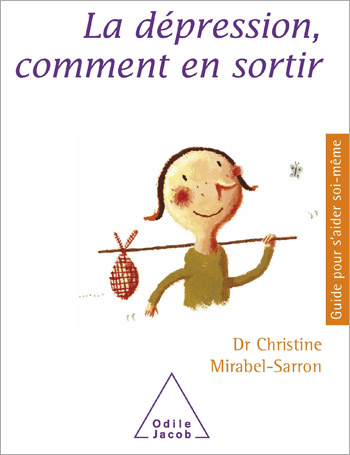
Christine Mirabel-Sarron
How to Overcome Depression
How can depression be overcome? And how can someone suffering from depression recover a sense of well-being, self-esteem and joy? How can chronic fatigue be vanquished? During the past few years, both the diagnosis and treatment of depression have greatly evolved, and even if depression remains a complex illness, effective treatment is now available. The advice given in this book depends on the active participation of victims of depression. It is by learning to know themselves, by understanding what is happening to them, and by becoming less vulnerable that they will overcome their depression. Christine Mirabel-Sarron is a psychiatrist and physician at Hôpital Sainte-Anne, Paris.
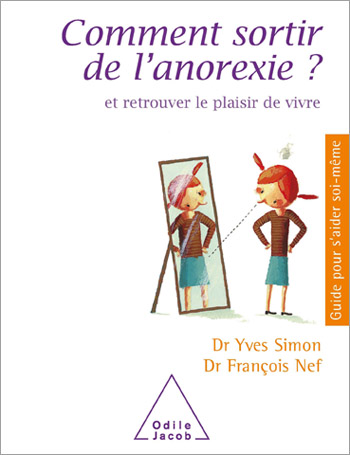
Yves Simon, François Nef
How to Overcome Anorexia And Regain the Pleasure of Living
Anorexia is often perceived as a mysterious, incurable illness. Yet despite its sinister reputation, its causes can be explained and the illness can be treated. Overcoming anorexia requires medical and psychological treatment, but it also depends on the attitude of the patients family and friends. This self-help manual offers specific solutions, advice based on the authors clinical practice, and recommendations from experts in the field. François Nef is a medical psychiatrist and Yves Simon is a psychologist. Both specialise in eating disorders
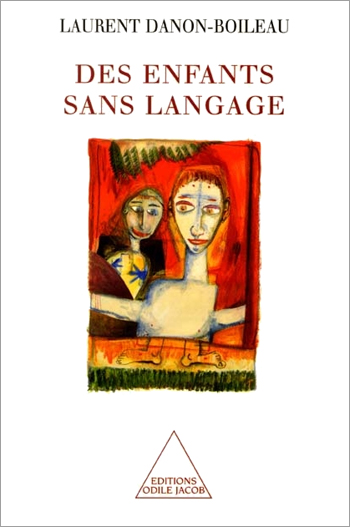
Laurent Danon-Boileau
Children Without Language
I have been treating children [with language difficulties] for the past ten years, and making clinical observations from three theoretical points of view: I have used linguistics, psychoanalysis and recent finding in the cognitive sciences. By taking into account and examining the difficulties encountered when working with such children, and by paying attention to the specific character of their development, we will be able to provide essential information for anyone wishing to reflect seriously on a central issue for all of us: Why speak? writes Laurent Danon-Boileau. Laurent Danon-Boileau is a linguist, psychoanalyst and writer.
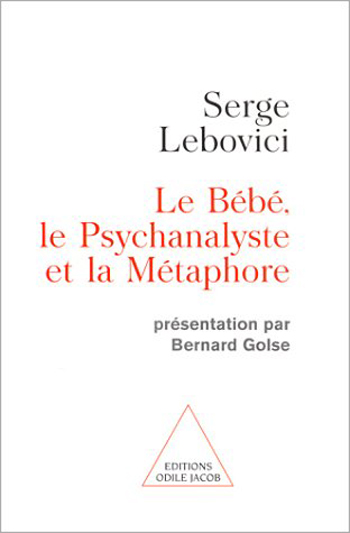
Serge Lebovici
The Baby, the Psychoanalyst and the Metaphor Presented by Bernard Golse
This exceptional document, the last work of Serge Lebovici, traces the history of metaphor as a concept for philosophers, linguists,and psychoanalysts. It particularly shows why this notion constitutes the keystone of psychic ontogenesis and of all therapeutic activity. A psychoanalyst, and professor of child and adolescent psychology, Serge Lebovici was the president of the International Psychoanalytical Society.
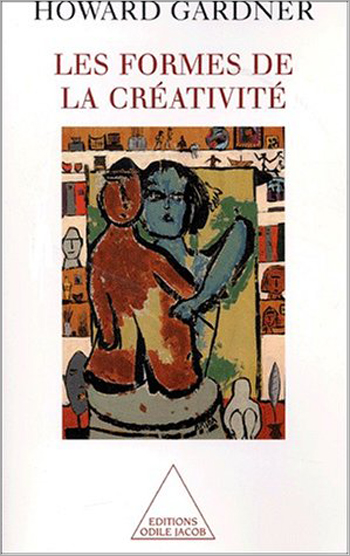
Howard Gardner
Creating Minds An Anatomy of Creativity Seen Through the Lives of Freud, Einstein, Picasso, Stravinsky, Eliot, Grah
What is creativity? Do there exist psychological traits common to all creative geniuses? Can one characterize creativity in different forms and in different areas? It is impossible to respond to these questions without examining variegated and specific cases of creative genius: artistic, literary, scientific and even political. Thus, Gardner proposes seven psychobiographies characteristic of each type of genius: Freud, Einstein, Picasso, Stravinsky, T.S. Eliot, Martha Graham, and Gandhi. What were the different paths that they chose? How did their creative spirits work? Howard Gardner is a cognitive psychologist.

